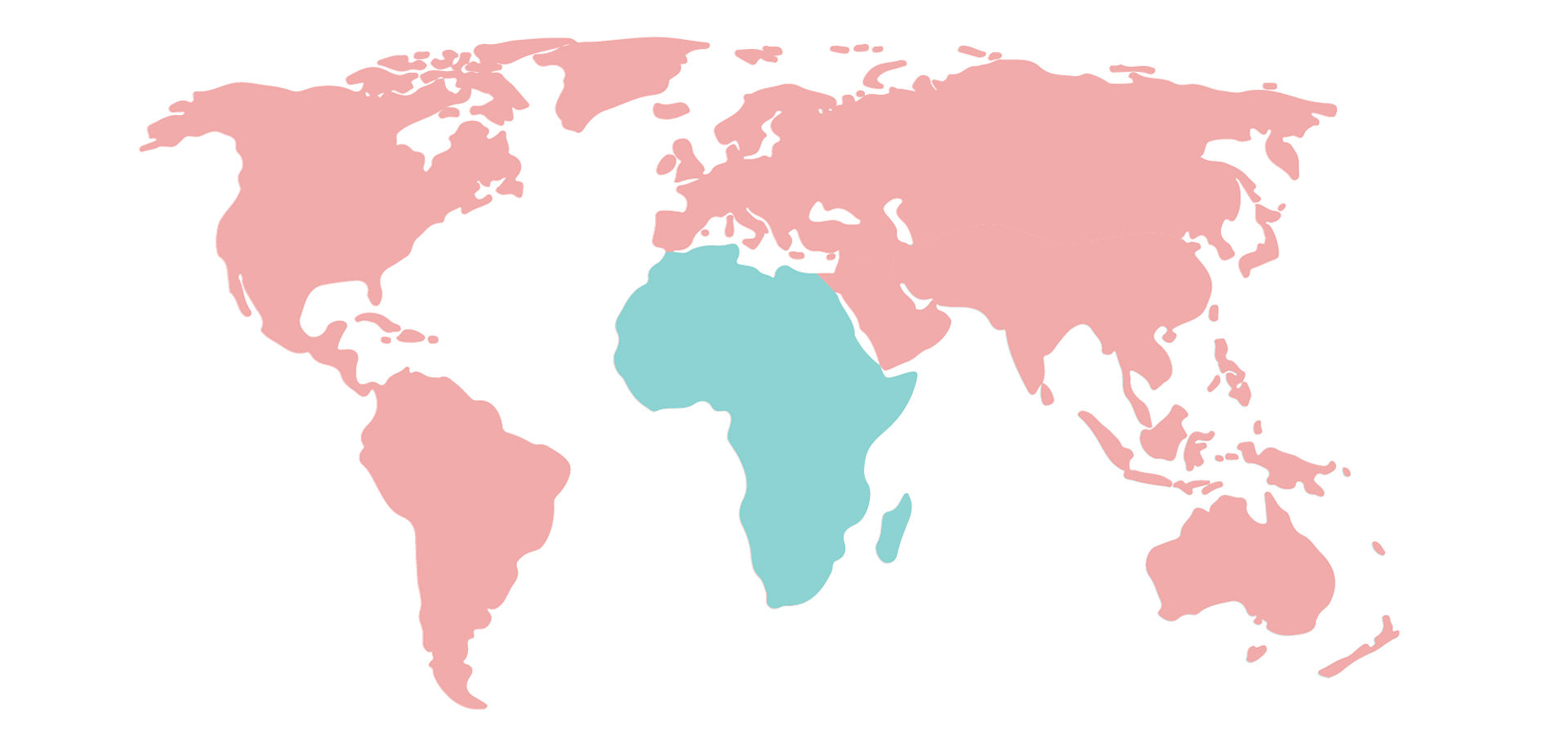Why Kona Coffee is Not Bitter: A Journey into Smooth and Flavorful Brews

Introduction
Kona coffee, the finest Hawaiian coffee, is renowned worldwide for its unique flavor and smooth profile, holds a special place in the hearts of coffee aficionados. Grown in the volcanic soil of Hawaii’s Kona region, this coffee variety is celebrated for its rich, mild taste and lack of bitterness. But what makes Kona coffee stand out in a crowded field of coffee varieties? This article delves into the distinctive characteristics of the best Kona coffee Hawaii produces, exploring why it avoids the bitterness common in many other coffees and what makes it a favorite among those seeking a smooth, flavorful cup.
The Terroir of Kona: Perfect Growing Conditions
Kona coffee owes much of its unique flavor profile to the distinctive terroir of the Kona district on the Big Island of Hawaii. Terroir, a French term, encompasses the environmental factors that influence crop growth, including climate, soil, and topography.
- Volcanic Soil: The rich volcanic soil of the Mauna Loa slopes provides essential nutrients to the coffee plants. This fertile soil is well-drained and mineral-rich, creating ideal conditions for coffee cultivation. The volcanic origin contributes to the coffee's smooth, complex flavor with minimal bitterness.
- Climate: Kona enjoys a unique microclimate characterized by sunny mornings, cloud-covered afternoons, and mild nights. This consistent weather pattern allows coffee cherries to ripen slowly and evenly, resulting in beans that develop more sugars and flavors without the harshness that can lead to bitterness.
- Elevation and Topography: Grown at elevations ranging from 800 to 2,500 feet (ie 240 to 760 meters), Kona coffee benefits from the cooler temperatures at higher altitudes. This slows the growth of the coffee plants, allowing the beans to mature gradually, which enhances their complexity and reduces bitterness.
Cultivation and Harvesting Practices
The smoothness of the best Kona coffee beans is also a product of meticulous cultivation and harvesting techniques practiced by local farmers. These methods are designed to maximize the quality and flavor of the beans.
- Selective Hand-Picking: Unlike many other coffee regions where mechanical harvesting is common, the best Kona coffee Hawaii produces is often harvested by hand. Farmers selectively pick only the ripest cherries, ensuring that each bean has reached its full flavor potential. This careful selection process helps to avoid the inclusion of under-ripe or over-ripe cherries, which can contribute to bitterness.
- Small-Scale Farming: Kona coffee farms are typically small, family-owned operations. This allows for greater attention to detail in every step of the growing and processing stages. Farmers can closely monitor the health of their plants and make adjustments as needed to optimize bean quality.
- Organic and Sustainable Practices: Many Kona coffee farms embrace organic and sustainable farming practices. These methods help maintain soil health and reduce the presence of chemicals that could adversely affect the flavor of the beans. Healthy, naturally grown coffee plants produce beans that are less likely to develop bitter compounds.
Processing Methods: Enhancing Flavor
The way coffee beans are processed after harvesting plays a significant role in their final taste. Kona coffee, the best Hawaiian coffee and one of the finest in the world, typically undergoes careful processing methods that preserve and enhance its natural flavors.
- Wet Processing: Most Kona coffee is wet-processed, a method that involves removing the outer pulp of the coffee cherry before fermentation. This process helps to highlight the bean’s intrinsic flavors and minimizes the risk of developing bitterness. The clean, fresh water used in Kona’s processing facilities also contributes to the overall purity and smoothness of the coffee.
- Sun Drying: After the beans are washed, they are often sun-dried on large, open-air platforms known as "hoshidanas." This traditional drying method allows the beans to dry evenly and slowly, reducing the chance of developing off-flavors or bitterness that can result from uneven drying.
- Expert Roasting: The final step in ensuring Kona coffee’s smooth taste is expert roasting. Kona coffee is typically roasted to a medium level, which brings out the natural sweetness and complexity of this wonderful specialty coffee without overemphasizing the bitter compounds that can be released during darker roasting processes.
Bean Quality and Variety
The quality and variety of the coffee beans themselves are fundamental to the smooth, non-bitter nature of Kona coffee.
- Arabica Beans: Kona coffee is exclusively grown from Arabica beans, known for their smooth, nuanced flavors and lower acidity compared to Robusta beans. Arabica beans naturally contain fewer bitter compounds, contributing to a gentler flavor profile.
- Kona Typica: The primary variety of coffee grown in the Kona region is a strain of Arabica called Kona Typica. This variety is particularly well-suited to the local climate and soil, producing beans with a balanced and mild flavor. The genetic characteristics of Kona Typica help to minimize bitterness while enhancing the coffee’s rich and smooth taste.
The Role of Brewing
Even the best beans can develop bitterness if not brewed correctly. Kona coffee’s smooth taste is best preserved through proper brewing techniques.
- Water Quality: The quality of water used in brewing significantly affects the taste of the coffee. Kona coffee benefits from using clean, filtered water with balanced mineral content, which enhances the natural flavors without introducing unwanted bitterness.
- Brewing Methods: Brewing methods that highlight the beans’ natural characteristics, such as pour-over or French press, are ideal for Kona coffee. These methods allow for greater control over extraction time and temperature, helping to avoid over-extraction, which can lead to bitterness.
- Grind Size and Freshness: Using freshly ground coffee beans and the correct grind size for the brewing method is crucial. Too fine a grind can result in over-extraction, while too coarse can lead to under-extraction, both of which can produce bitterness.
The Unique Flavor Profile of Kona Coffee
The best Kona coffee beans are prized for their unique flavor profile, which is complex yet well-balanced, with distinct notes that set it apart from other coffees.
- Sweetness and Mild Acidity: Kona coffee, an amazing specialty coffee, is often described as having a natural sweetness with mild acidity. The sweetness is attributed to the slow, even ripening of the cherries, which allows for the development of sugars within the beans. The mild acidity provides a bright, clean finish without overpowering bitterness.
- Flavor Notes: Common flavor notes in Kona coffee include chocolate, nuts, and tropical fruit, which contribute to its smooth and rich profile. These flavors are complemented by the coffee’s inherent mildness, creating a harmonious taste experience that is free from bitterness.
Conclusion
Kona coffee’s lack of bitterness is a result of a perfect confluence of factors: ideal growing conditions, meticulous cultivation and harvesting practices, careful processing methods, high-quality beans, and expert brewing techniques. Each step in the journey from farm to cup is carefully managed to ensure that the final product is as smooth and flavorful as possible. Whether you are a seasoned coffee connoisseur or a casual drinker, Kona coffee offers a delightful experience that showcases the best of what coffee can be: rich, complex, and refreshingly free from bitterness.
At Hayman’s online store you will find 100% pure Hawaii Kona coffee beans - available in all forms, such as whole bean, ground coffee, and capsules/pods. Click HERE to order now, we are offering free worldwide shipping!










